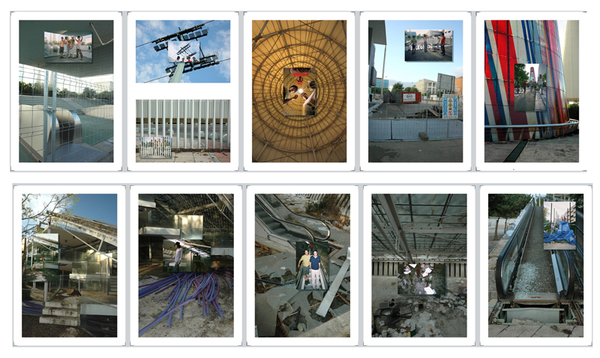
Puts Marie en la isla sin costa, 2006. Digital photography on forex. 210 x 370 cm. (10 photographs 100 x 70 cm. each). Edition of 6. |
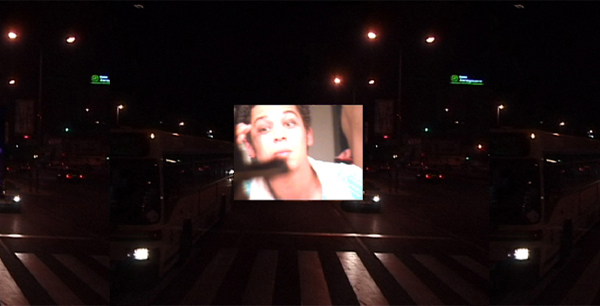
Camping car, 2006. Video DVD 16:9 HDTV 720p. 3' 50". Edition 1 of 4. |
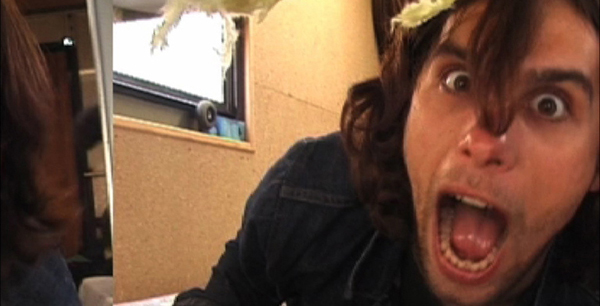
Isla Mágica (Early morning people), 2006. Vídeo DVD 16:9 HDTV 720p. 8' 30". Edition 1 of 4. |
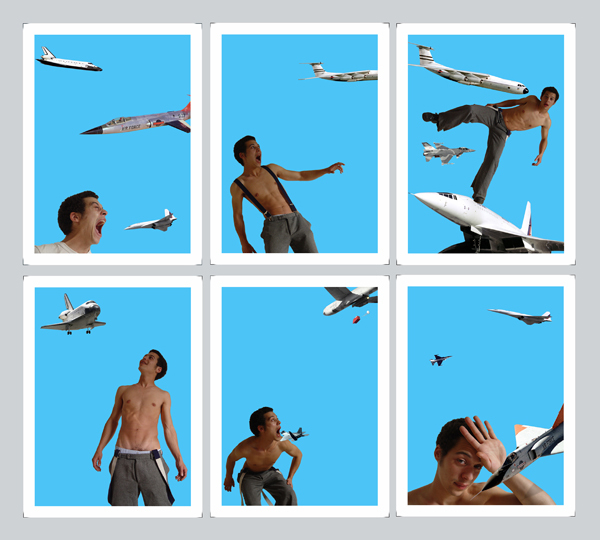
Attack without lyrics, 2006. Digital photography on forex. 210 x 240 cm. (6 photographs 100 x 74 cm. each). Edition of 6. |
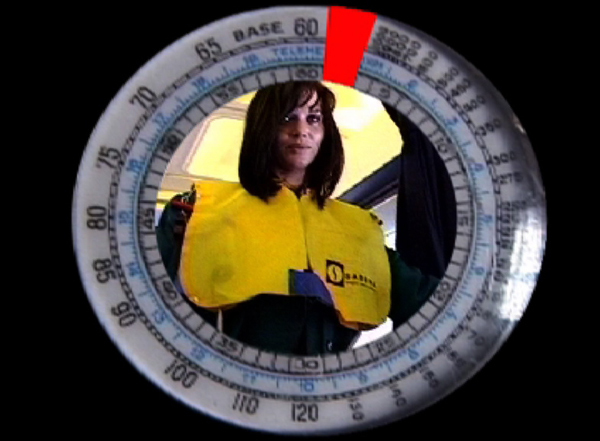
Alpenflug, 2006. DVD 5:4 DV PAL. 2'. Edition 1 of 4. |
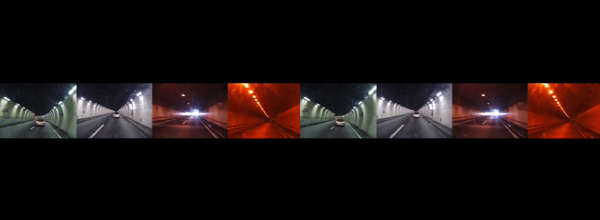
To basel (Doesn't matter), 2006. DVD 16:9 HDTV 720p (for plasma screen) and 5:4 DV PAL (for double projection). Edition 1 of 4. |
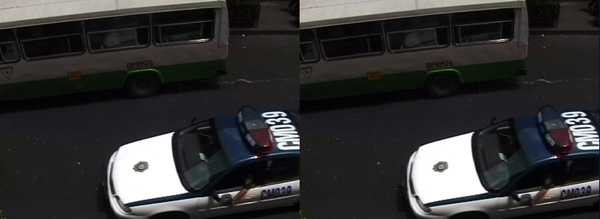
Serial killer, 2006. DVD 16:9 720p (for plasma screen) and 5:4 DV PAL (for double proyection). 2' 39". Edition 1 of 4. |
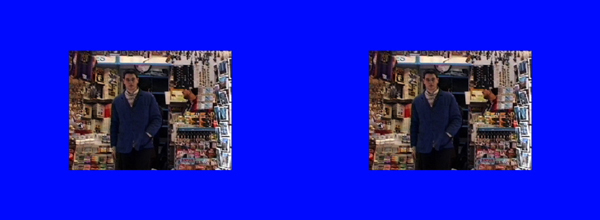
Dave the slave, 2006. DVD 16:9 HDTV 720p (for plasma screen) y 5:4 DV PAL (for double projection). 3' 25". Edition 1 of 4. |
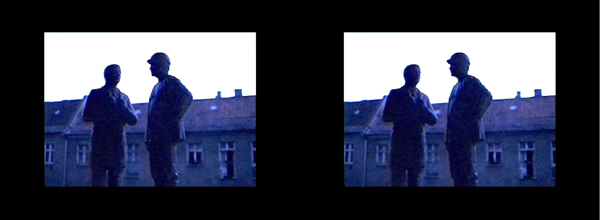
El arquitecto (pillow), 2006. DVD 16:9 HDTV 720p (for plasma screen) y 5:4 DV PAL (for double projection). 3' 4". Edition 1 of 4. |
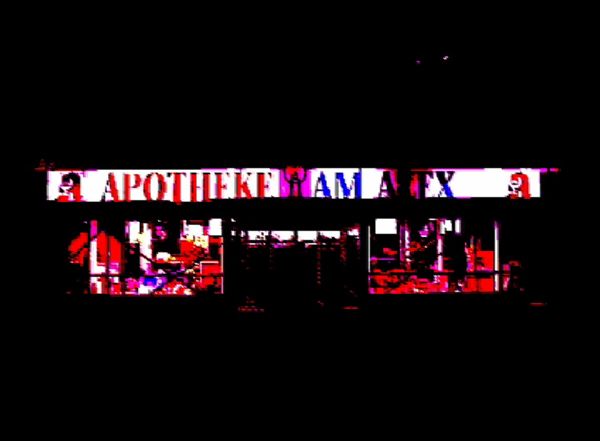
Toxication, 2006. DVD 5:4 DV PAL. 3' 47". Edition 1 of 4. |
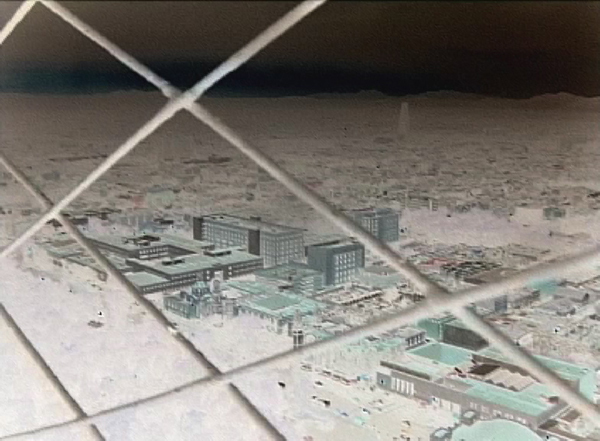
Strada, 2006. DVD 5:4 DV PAL. 2' 21". Edition 1 of 4. |
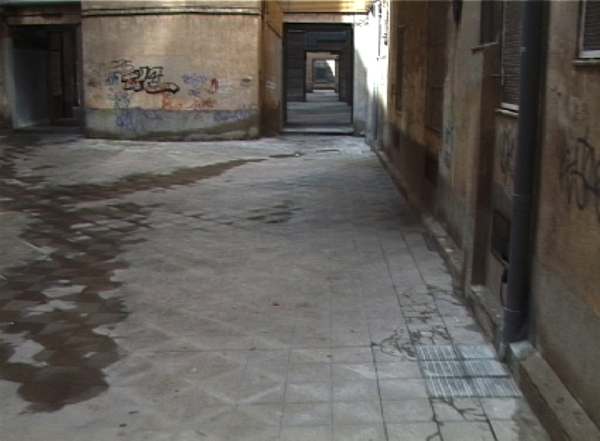
El laberinto (Jockey full of Bourbon), 2006. DVD 5:4 DV PAL. 2' 56". Edition 1 of 4. |
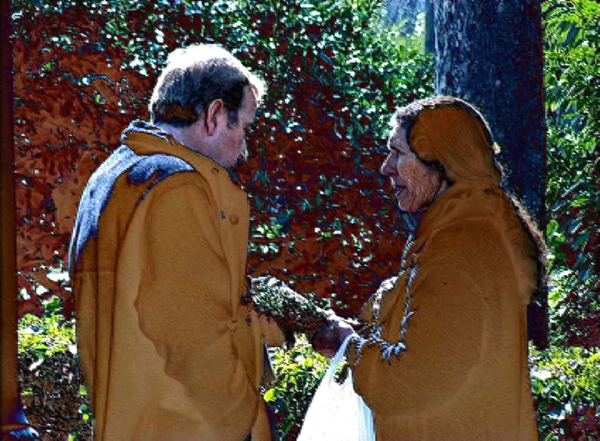
Don't wanna be, 2006. DVD 5:4 DV PAL. 3' 16". Edition 1 of 4. |
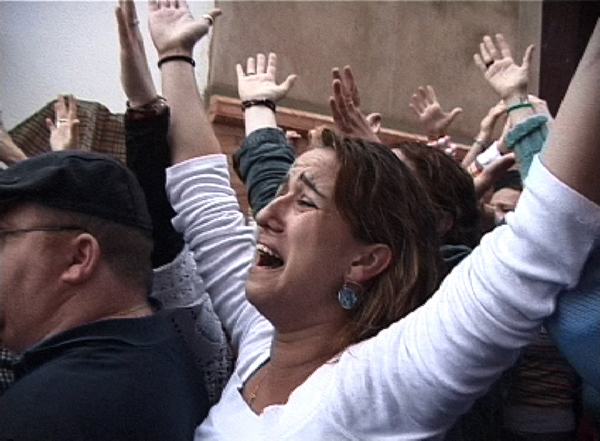
Viva las bestias (Your favorite fantasy), 2006. DVD 5:4 DV PAL. 3' 31". Edition 1 of 4. |
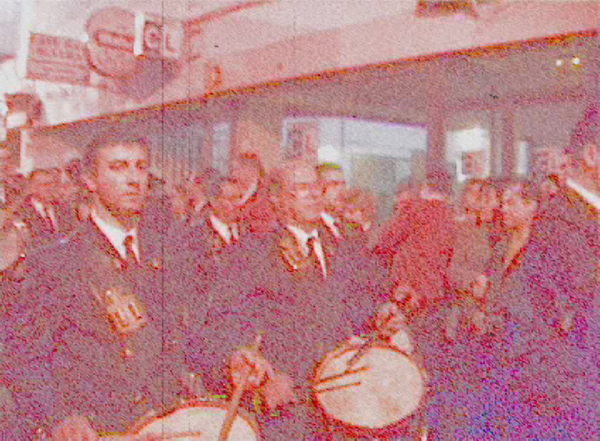
One minute punk, 2006. DVD 5:4 DV PAL. 51". Edition 1 of 4. |
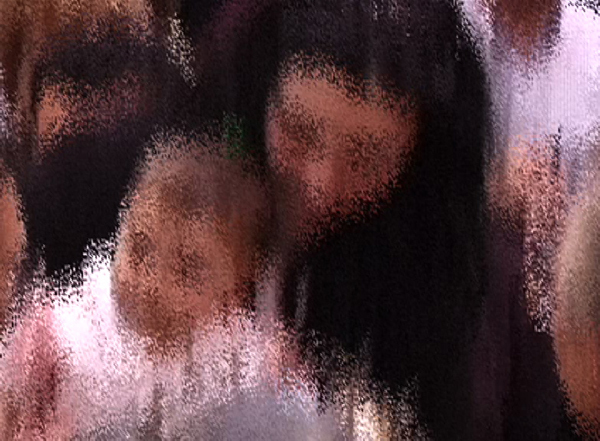
Fantasmas en mi mente (Ghost), 2006. DVD 5:4 DV PAL. 1' 51". Edition 1 of 4. |
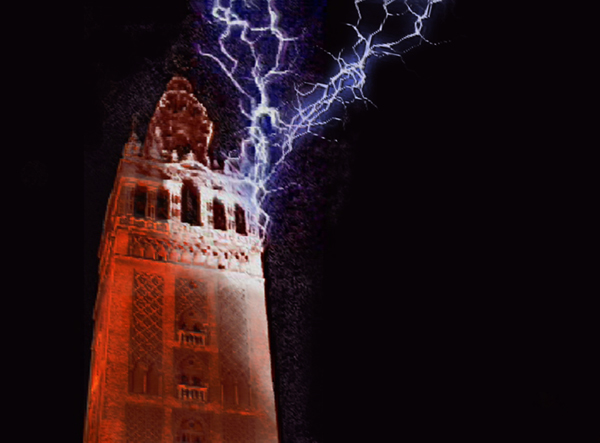
One frame punk, 2006. Light box and duratrans. 74 x 100 x 10 cm. Edition 1 of 5. |
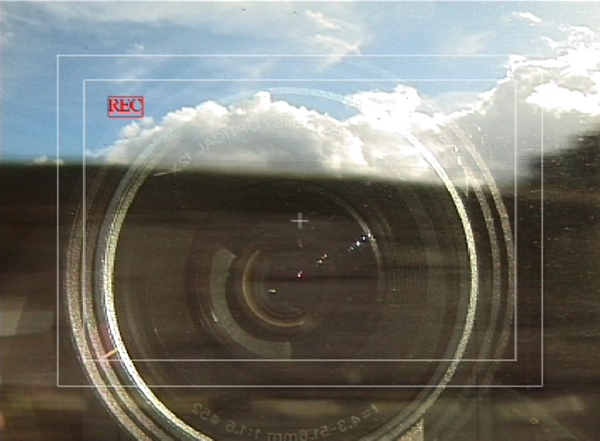
Big rock candy mountain, 2006. DVD 5:4 DV PAL, 2' 17". Edition 1 of 4. |
There is a moment in Godard´s Pierrot le Fou that is at once a demonstration of supreme intelligence and of hilarity. When the girl that drives in the convertible with Jean-Paul Belmondo through the French countryside asks him, in a confused way, “but who are you looking at?”, Belmondo´s answer is unsparing: “at the viewer. Who else would I be looking at?” The reaction of the mad Pierrot goes above and beyond just a funny quip as, impossible not to observe, this is pure Godard. The action transforms the viewer into a piece of the chain – a not-secret agent – with the declared intention of changing the role of he who looks into a constitutive element of the work, or also, expressed perhaps in a more appropriate way, a participating subject, structural and communicative, in the display of the “Art in Time” that all exhibited cinema – wherever it may be shown - is implicit in its own discourse.
The first time that I saw a collection of recent videos made by Juan Carlos Robles I immediately was lead to think about ideas and concepts such as “the singular vision of a multiple subject”, a pedantry on my part, but this was how I put the film together. And also: “a crazy coral symphony”. An affectation, of course, but that is what I thought. And also: “a dramatic fiction to lighten and alleviate what Peter Handke referred to as “the weight of the world”. Now with this idea I have started to come to a bit more of an agreement with myself. And also “an endless string of fake video clips, which in the seduction and intelligence of their action and appearance incorporate an undisguised criticism of both slow video and boring and cynical minimalism and of the hypocritical seriousness that is so common across the Spanish filmic landscape”. Parting with this latest consideration, I started to envisage a possible exit, or a theory, which referred to the way of presenting these works by written word. I just needed to find a reason, or a cause, for that numerous and unstoppable visual journey that the videos were offering us, almost like a nod towards or a parody of the magnificent scene in Bande á parte (toujours Godard), in which the three main characters in the film get together, in a quick journey without even stopping for a breath, to see the entire Louvre Museum in ten minutes. As sometimes happens, luck and chance took care of the rest. Reading, very recently, the diaries of Robert Musil, this introduction stuck with me: “While we think about sentences with end points, there are certain things that cannot be expressed”. I remember perfectly what I thought to myself when I read Musil’s sentence: Jesus Christ…
What a beautiful and jazzy title, so Coltrane: Your Favourite Fantasy, so evocative of the tenor saxophone’s velvety sounds. Juan Carlos Robles decided to give it as a cohesive introduction to his exhibition, which in actual fact holds little resemblance to a jazz cave flooded with smoke and sounds that divide the soul. In this way it could be said (and in effect, this is how it is) the paradox fulfils its classic function of a sophisticated element that destabilizes hierarchies, something similar to wanting to understand the world by way of its deregulation, conceptual devastation and its visual essence. For it cannot be denied, the videos ought to watch the viewer, questioning and brutalizing (dialectically) their presence, subverting the intellectual passivity with which they observe the prose of the world. As we have already said: the videos are organised around a “multiple subject” - their collective dimension invisible: their desire to collectivize visible – that weaves together, in a mad whirlwind of images (and at the same time destroys the fabric/text) the common symbolic space of recognitions, identities and essentialist individualities, of shared cultural spaces. Or, in the words of the sociologist Garcia Canclini: “Subjects are needed to reconstruct the social, so that the need to be subject to the other is not suffocated by politics nor trivialised by commerce”. In this sense, the desire to be, which is so present in these works, so much so that they need, in an act of exquisite intelligence on the artist’s part, to be presented as “false video-clips” in order to investigate how much (and what amount) of Reality we are capable of “transforming” through fantasy, thus protecting the “hard core” that at the same time protects us from horror, injustice, devastation, stupidity and frivolity. For such a task there cannot be pauses or rests. There cannot be an end point.
Luis Francisco Pérez
Barcelona, November 2006

